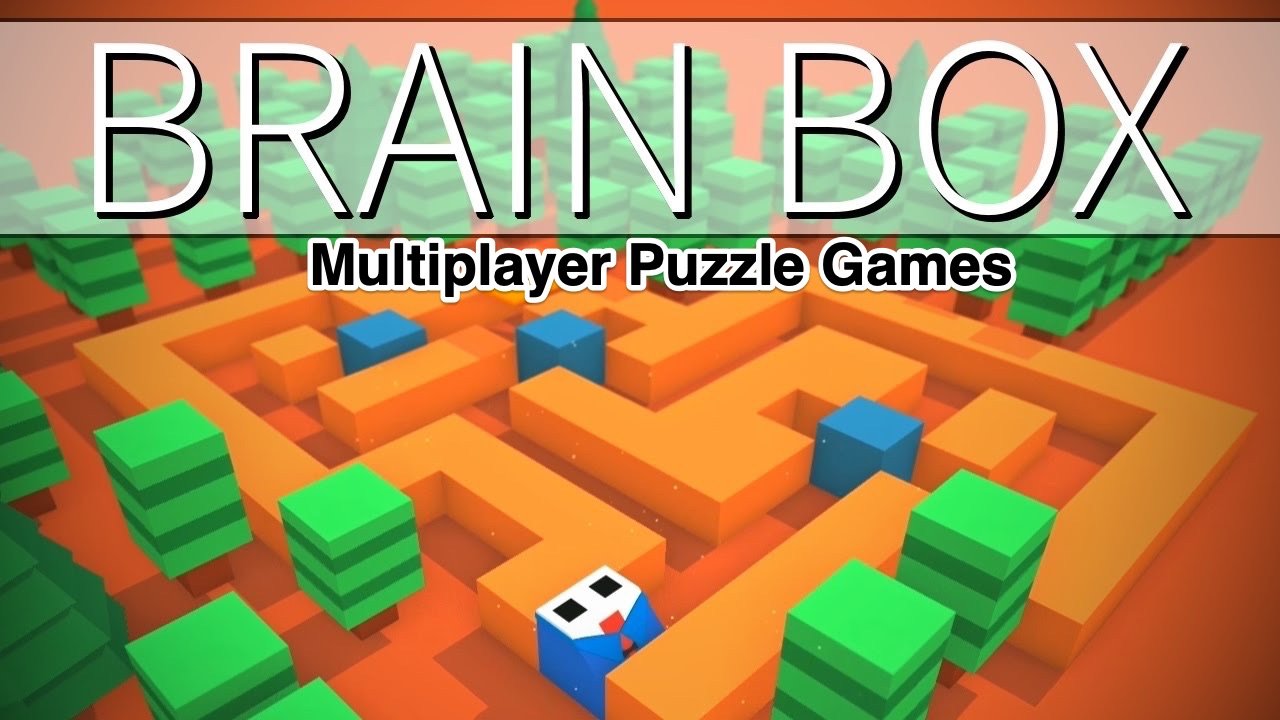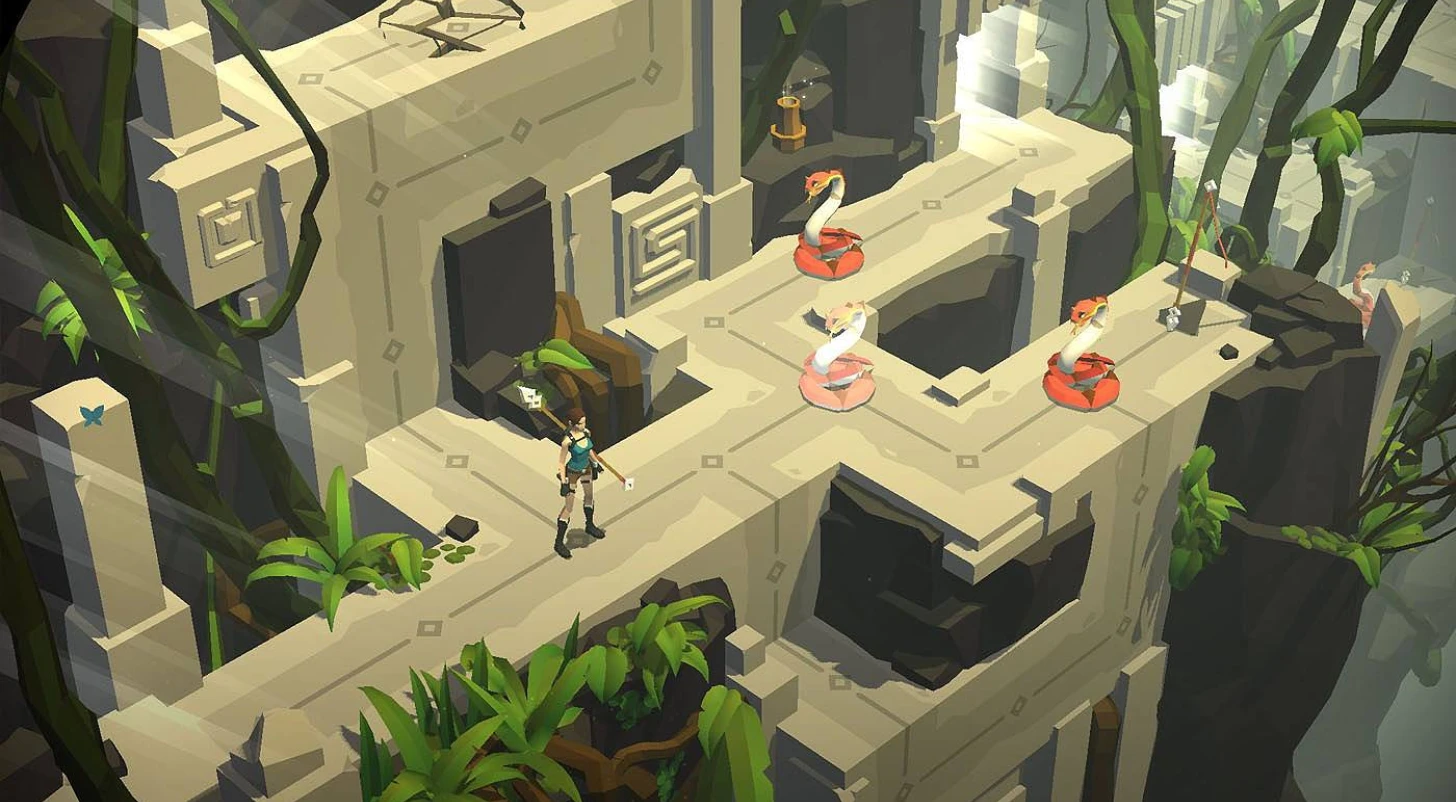Examination Your Strategic Abilities in one of the most Engaging Multiplayer Gamings
In the ever-evolving landscape of multiplayer pc gaming, strategic skills are the foundation of success, supplying gamers a chance to display their tactical expertise throughout different categories. As players involve in participating experiences or team-based competitions, the need of fast decision-making and cooperation ends up being evident.
Real-Time Method Showdowns
Real-time strategy (RTS) face-offs have long been a keystone of engaging multiplayer pc gaming, fascinating gamers with their mix of tactical depth and fast-paced decision-making. These video games need players to manage resources, construct militaries, and develop complicated approaches in real-time, typically against similarly knowledgeable opponents. The consistent pressure to adjust and defeat opponents in a dynamic atmosphere is what sets RTS games apart, making them a favored among competitive players.
One of the defining attributes of RTS face-offs is the emphasis on multitasking and source administration. Gamers should allot their attention across numerous tasks, such as collecting sources, building buildings, and releasing systems strategically throughout the field of battle. This demands quick reflexes and a severe capability to prioritize activities, typically leading to extreme, adrenaline-fueled matches.
Significant RTS video games such as "StarCraft II," "Age of Empires," and "Command & Conquer" have left indelible marks on the genre, providing diverse gameplay technicians and highly detailed globes. Multiplayer puzzle games for free. These titles have grown dedicated communities and affordable scenes, where players refine their abilities, research strategies, and involve in high-stakes competitions. The allure of RTS face-offs hinges on their capacity to challenge players' calculated acumen and reflexive prowess in equivalent measure
Turn-Based Tactical Battles
These games use players the possibility to deliberate over each move, promoting a chess-like setting where insight and mindful planning are vital. Players should expect their opponents' actions, adjust to advancing scenarios, and execute well-balanced techniques to safeguard triumph.
In multiplayer setups, turn-based tactical battles come to be sectors for intellectual battles. Rivals engage in elaborate mind video games, predicting and responding to each various other's techniques with accuracy. Popular video games like "XCOM 2" and "People VI" exhibit this gameplay, motivating players to consider every feasible variable prior to dedicating to a course of activity. The asynchronous nature permits thoughtful decision-making, making each experience a test of wits and perseverance.
Additionally, turn-based tactical fights frequently include varied units and abilities, adding layers of complexity to each suit. Gamers have to balance offending maneuvers with defensive tactics, manage sources deliberately, and make best use of the potential of their pressures. This style's long-lasting appeal hinges on its ability to test gamers' calculated acumen in a regulated, purposeful setting.
Cooperative Approach Experiences
These video games require players to work together towards common purposes, leveraging each gamer's unique abilities and toughness to overcome difficulties. Titles such as "Overcooked" and "Deep Rock Galactic" exhibit this genre, stressing the need for players to synchronize their approaches and actions.

The allure of participating approach experiences exists in their capability to reinforce social skills while offering a engaging and challenging gameplay experience. These video games grow a sense of unity and common purpose, using gamers a fulfilling choice to traditional competitive video gaming landscapes.
Competitive Team-Based Challenges
Competitive team-based challenges offer a vibrant arena where gamers pit their skills against opposing teams, emphasizing both specific talent and seamless team coordination. These games require participants to stabilize individual prowess with tactical cooperation, cultivating an one-of-a-kind setting where team effort is extremely important. Success in such setups commonly rests on the capacity to interact properly, perform well-planned techniques, and adjust promptly to unfolding situations.
The engaging nature of these obstacles is noticeable in the diverse series of games that offer team-based competition. Titles like "League of Legends," "Overwatch," and "Counter-Strike: Global Offensive" are at the leading edge, each providing distinct gameplay mechanics that demand cohesion and tactical acumen. In these sectors, the group's efficiency is as critical as the individual contributions of its participants, making every function significant to the overall end result.
Moreover, competitive team-based video games grow a feeling of sociability and shared success. Players need to find out to depend on and count on each other, creating bonds that boost the pc gaming experience. The stress of encountering formidable opponents further intensifies the excitement, making sure that individuals are regularly challenged to elevate their critical thinking and gameplay execution.
copyright Problem Fights
While competitive team-based challenges highlight collaboration and strategy, mind-bending problem battles provide a various sort of intellectual involvement, concentrating on individual analytical and cognitive expertise. These games check the limits of logical reasoning helpful resources and creativity, requiring players to navigate intricate situations and resolve elaborate problems. Unlike team-based video games, the focus here is on personal achievement and imagination, commonly under the pressure of time restraints or rising difficulty degrees.
One of the most fascinating facets of puzzle confrontations is their capability to promote Homepage cognitive functions. Gamers should work out spatial thinking, rational reduction, and pattern recognition. Titles such as "The Witness" and "Portal 2" serve as ultimate examples, challenging players with multidimensional challenges that demand deep concentration and innovative methods. These video games not only delight yet also enhance important thinking abilities and cognitive versatility.
In addition, multiplayer problem video games present an one-upmanship by enabling gamers to match their problem-solving abilities against others. Gamings like "Keep Speaking and Nobody Explodes" call for players to communicate successfully to address puzzles en masse, blending the thrill of competition with the fulfillment of collaborative accomplishment. Ultimately, these games give an improving experience, sharpening tactical reasoning in a distinctively interesting atmosphere.
Verdict
In conclusion, the diverse array of multiplayer video games offers an exceptional platform for developing tactical abilities across various categories. Real-time strategy face-offs like "StarCraft II" need fast decision-making and source administration, while turn-based tactical fights emphasize methodical preparation. Cooperative strategy experiences such as "Deep Rock Galactic" highlight synergy and collaboration, whereas affordable team-based challenges, including "Organization of Legends," require control and flexibility. These dynamic environments jointly cultivate the development of strategic thinking, enhancing both individual and cumulative video gaming experiences.
These video games call for gamers to handle resources, construct militaries, and create complicated strategies in real-time, commonly blog here versus just as proficient opponents. These video games require gamers to work together in the direction of common goals, leveraging each gamer's distinct abilities and toughness to overcome challenges.In participating technique video games, gamers frequently presume roles with details obligations, requiring a deep understanding of their own abilities as well as those of their teammates. The dynamic nature of these video games demands versatility, as players have to adjust their strategies in real-time to accommodate advancing situations.
